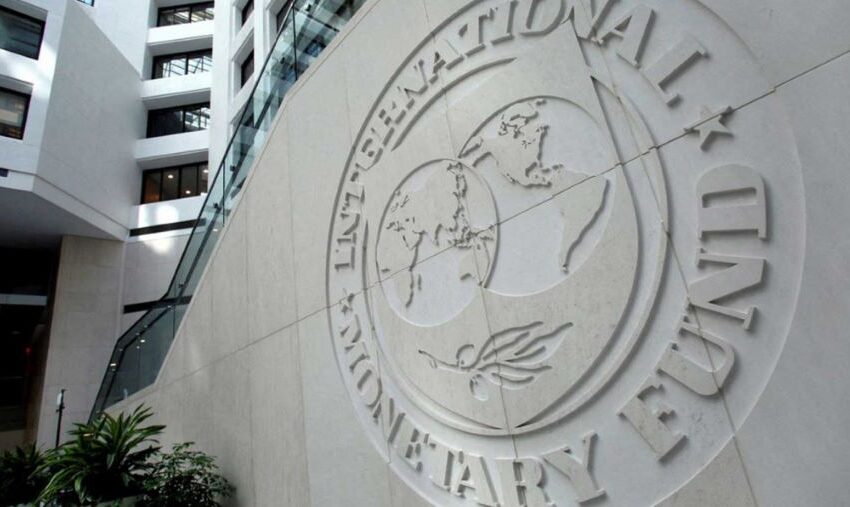
IMF Revises UAE’s Growth to 5.1% in 2025
Despite escalating geopolitical tensions and trade protectionism, the International Monetary Fund (IMF) has revised upwards its growth forecast for the UAE in 2025 to 5.1%, up from its earlier forecast of 4.2% growth in April and 4% in May this year, according to the Fund’s latest World Economic Outlook (WEO) report.
In the past, the IMF said that the UAE’s growth will be 3.5% in its World Economic Update report in April this year. However, the World Bank expects economic growth to accelerate to 4.1% in 2025, while Oxford Economics is more optimistic, saying the domestic economy could grow 5.6% next year.
However, the Central Bank of the UAE (CBUAE) said in June that it expects the Emirates’ growth to be around 6.2% after the Organisation of Petroleum Exporting Countries (OPEC) and other members hiked the UAE’s oil production quota. The UAE’s current account surplus will come in at 8.8%, just below the 9% forecast in May forecast.
The WEO report, which was released on the side lines of the 2024 IMF/World Bank Group Annual Meetings which began in Washington on Tuesday, said that the Middle East and Central Asia economies to grow by 2.4% and 3.9% in 2024 and 2025 respectively.
The report said that global growth is expected to remain stable yet underwhelming. At 3.2% in 2024 and 2025, the growth projection is virtually unchanged from those in both the July and April 2024 WEO, IMF said.
The report estimated the growth of advanced economies at 1.8% in both 2024 and 2025, from 1.7% in 2023, while emerging market and developing economies are expected to grow by 4.2% in both 2024 and 2025, from 4.4% in 2023.
Inflation to Fall
The global headline inflation is expected to fall from an annual average of 6.7% in 2023 to 5.8% in 2024 and 4.3% in 2025, with advanced economies returning to their inflation targets sooner than emerging market and developing economies.
The WEO said that the US economy is expected to grow by 2.8% in 2024, down to 2.2% in 2025, while the Eurozone economy is expected to grow by about 0.8% during the current year and 1.2% next year.
According to IMF chief economist Pierre-Olivier Gourinchas, the battle against inflation is almost won and the decline in inflation without a global recession is a major achievement.
“After peaking at 9.4% y-o-y in the third quarter of 2022, headline inflation rates are now projected to reach 3.5% by the end of 2025, below the average level of 3.6% between 2000 and 2019,” Gourinchas added.
However, notable revisions have taken place beneath the surface, with upgrades to the forecast for the United States offsetting downgrades to those for other advanced economies—in particular, the largest European countries.
Likewise, in emerging market and developing economies, disruptions to production and shipping of commodities—especially oil—conflicts, civil unrest, and extreme weather events have led to downward revisions to the outlook for the Middle East and Central Asia and that for sub-Saharan Africa, the report said.















